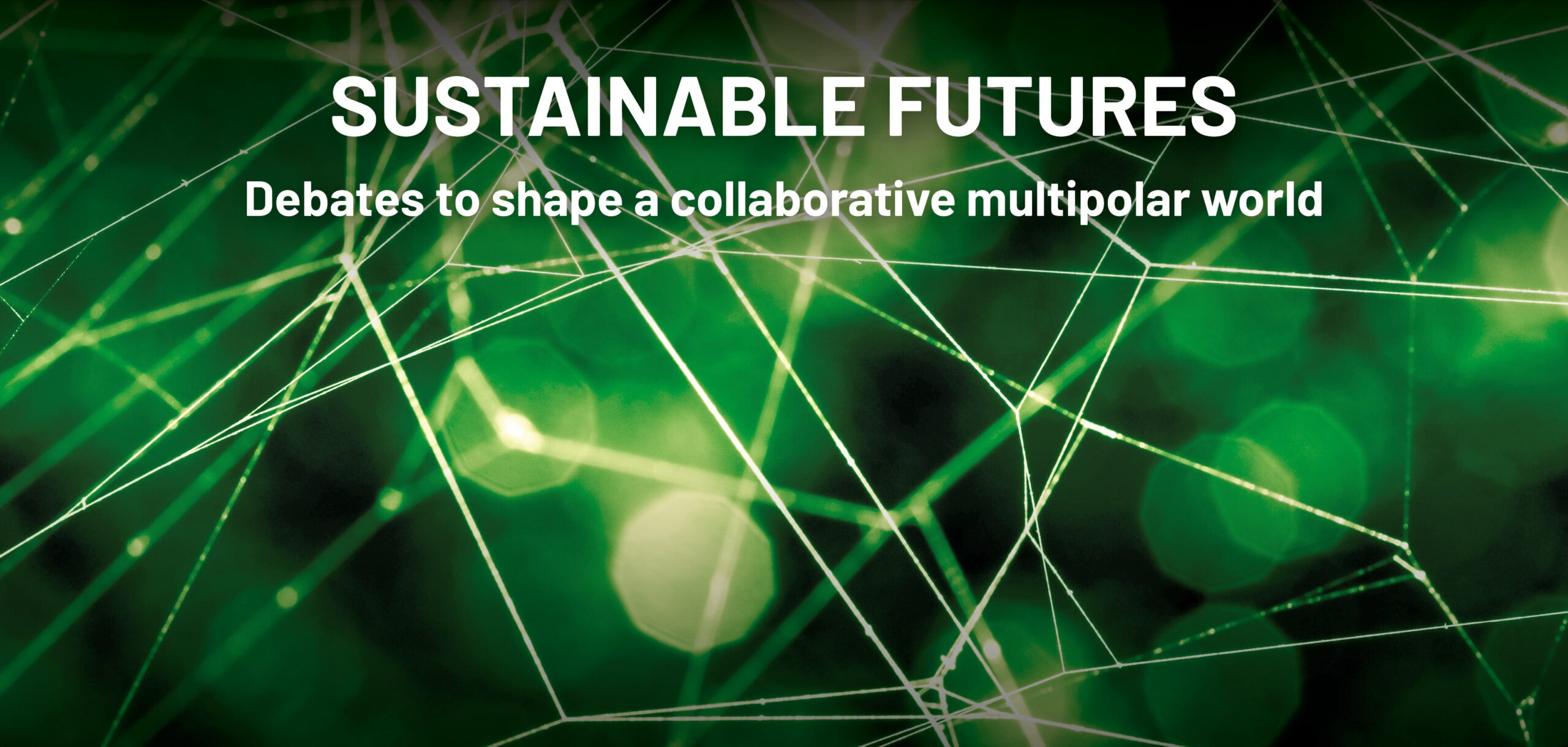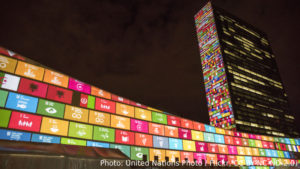
Eine höhere Transparenz der Entwicklungszusammenarbeit (EZ) ist Voraussetzung für eine funktionierende Rechenschaftslegung in Geber- und Partnerländern und ein wichtiger Teil der Agenda der 2011 in Busan beschlossenen Globalen Partnerschaft für wirksame Entwicklungskooperation (GPEDC). Das Bundesministerium für wirtschaftliche Zusammenarbeit und Entwicklung (BMZ) sieht Transparenz als einen wichtigen Aspekt der deutschen Entwicklungspolitik, ist Gründungsmitglied der International Aid Transparency Initiative (IATI) und berichtet im 15. Entwicklungspolitischen Bericht, der im April 2017 vorgestellt wurde, über bereits gemachte Fortschritte.





